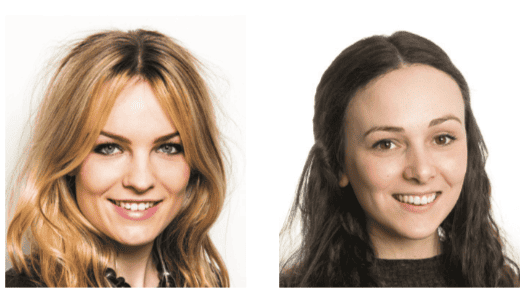
Can you remember life before the internet? Last month marked the 30th anniversary of the World Wide Web and the beginning of a revolution that changed the world. Not only has this affected nearly all aspects of daily life, but now we are connected to more people and have access to more information than ever before.
Likewise, social media has transformed the way we communicate, and uptake worldwide is still increasing daily: by the end of 2019 there will be an estimated 2.77 billion social media users around the globe.
It seems every industry has embraced the digital revolution. The healthcare industry has certainly got on board; robots now perform intricate surgeries (about 800,000 operations are performed robotically each year) and artificial intelligence is used to detect diseases more accurately, and earlier.
Social media, however, is still something that is approached with caution in the healthcare space. And so it should it be: social media use in the pharmaceutical industry does come
with challenges. For such a regulated industry, the Wild West of social media can be a scary idea for compliance and pharmacovigilance leads; often code compliance isn’t black and white, approval can be slow and adverse event reporting can be cumbersome.
Fake news – false, often sensational, information disseminated under the guise of news reporting – is the latest obstacle to be added to the landscape. The European Commission has called on Google, Facebook and Twitter to do more to tackle fake news in light of its latest report that showed ‘insufficient progress’ had been made.
Specifically in the healthcare space, a recent Royal Society for Public Health report highlighted that two in five parents are exposed to negative messages about vaccines on social media, and found that the most common reason not to vaccinate is the fear of side effects. The result of such misleading information can be tragic: measles cases in Europe are at a 20-year high and 72 people died of it last year. The RSPH has called for efforts to be increased to limit health misinformation online, especially by social media platforms themselves.
In a recent Guardian report, a Facebook spokesperson said: “We don’t want misleading content on Facebook and have made significant investments in recent years to stop misinformation from spreading and to promote high quality journalism and news literacy.” Earlier this year, Twitter announced its bid to curb the spread of fake and abusive content by testing a new feature to track the original tweeter. The onus is clearly on social media companies to address this widespread issue, but does this mean pharma should steer well clear of social media altogether?
At OPEN Health Patient & Brand Communications, we believe that done right, social media can be greatly beneficial. Social media connects global healthcare communities, patients and healthcare professionals. Pharmaceutical companies can use social media to engage and educate patients, as well as provide reliable information about their products. And arguably the industry is morally obliged to engage online as a major player to counteract misleading content and to drive disease awareness. ViiV Healthcare is a prime example of a company taking this seriously – it uses Twitter to engage with and support the HIV community, and to tackle the stigma around HIV through factual content.
Social media should be a key strategic pillar for pharma companies when working to develop a robust digital strategy. Key tactics include having a watertight social media standard operating procedure (SOP) including a content approval process, a bank of pre-approved responses, an adverse events reporting plan and a final signatory on call for big or live campaigns.
Compliance with the Code can be a bit of a minefield, its only reference to social media being that ‘companies should take particular care’. Rules for social media are essentially the same as for other communications, so take time to plan and engage experts to work cross-functionally and ahead of time.
To face the social media and healthcare challenges of today, and continue to provide reliable information from a trusted source at a time when healthcare systems are under great strain, requires a different way of working.
Connecting patients on a global level allows them to take more control over their well- being, and we know better informed patients make better health decisions. If pharma can harness the digital world in a reliable and compliant way, it can make meaningful change to the lives of patients everywhere.
Optimise your campaign by calling Victoria Bramham, MD, on +44 (0)7557 253943 and discover what we can offer.
Harriet Reynolds, Senior Account Manager and Emma Phillips, Account Manager, both at Open Health Patient & Brand Communications





